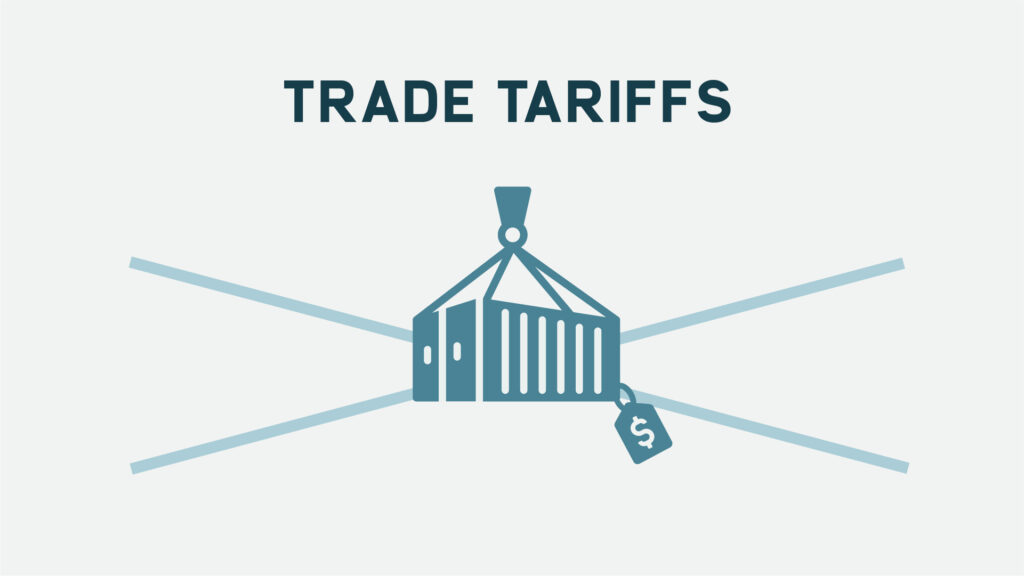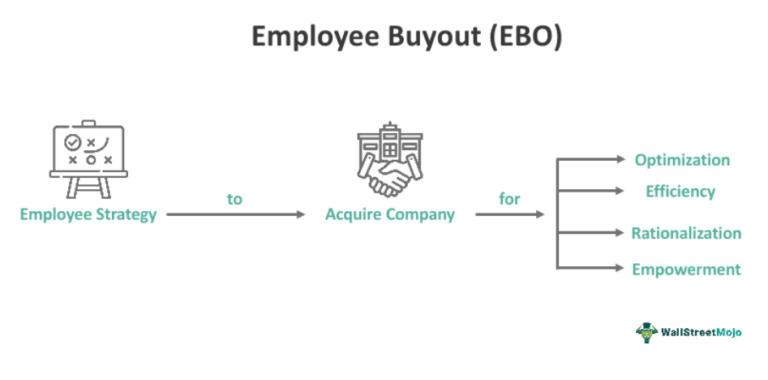
Audience
- Sentiment: Neutral
- Political Group: Conservative
- Age Group: 25-54
- Gender: Male
Overview
- Tariffs are taxes on imported goods that can raise prices for consumers.
- President Trump’s recent announcement could impose tariffs as high as 20% on various British goods.
- Business leaders in the UK are concerned about potential job losses and increased costs due to tariffs.
Understanding Trade Tariffs: What Could Happen to UK-US Relations?
In today’s world, trade is a major part of our economies. It affects what we buy, how much we pay for things, and even the jobs we have. Recently, there’s been some serious talk about trade tariffs between the United States and the United Kingdom that could change the way we think about these relationships. That’s what we’re here to discuss! Let’s break it down and see why this matters, especially after President Trump’s recent announcement regarding potential tariffs on British goods.
What Are Tariffs Anyway?
First, let’s make sure we’re all on the same page about what tariffs are. Simply put, tariffs are taxes that governments place on goods when they are imported from another country. Think about it like this: if the UK wanted to buy a really cool sports car from the US, they might have to pay extra money (a tariff) on top of that car’s price to bring it into the country.
Tariffs are often used to protect local businesses. By making imported goods more expensive, tariffs encourage people to buy products made in their own country. However, they can make life pretty complicated and even expensive for everyday consumers. If the cost of imported goods goes up, local stores might have to raise their prices on everything from electronics to groceries.
Trump’s Announcement: What’s Going On?
Now, back to President Trump. Recently, he announced plans to slap tariffs on a tax that’s known as the Value Added Tax (VAT). For the UK, this announcement could mean that items like cars, pharmaceuticals, and even food could be subject to tariffs as high as 20% or even more! Just imagine paying an extra 20% for your favorite snack or the latest smartphone! Yikes!
This news comes at a time when the UK and the US have been friends in trade. For years, these two countries shared a strong trading relationship, making business easier and cheaper for both sides. But now, things seem to be shifting, and both nations are revealing intentions that could destabilize this partnership.
The Impact on Everyday Life
Now that we understand what tariffs are and why President Trump is talking about them, let’s explore what this can mean for the everyday person in the UK.
- Higher Prices: As we mentioned earlier, if tariffs are imposed, the price of imported goods is likely to increase. That means cars could cost thousands of pounds more. For students who are dreaming of their first car, this could be a real bummer.
- Less Choice: When tariffs go up, companies might pull back on importing goods. For example, if UK stores know that importing a certain gadget from the US will be super expensive, they might choose not to bring it in at all. As a result, shoppers would have fewer options to choose from.
- Job Uncertainty: Multinational companies, or businesses that operate in multiple countries, might be affected too. If UK companies rely on US suppliers for raw materials or products, keeping their costs down is vital. Moreover, if the tariffs lead to higher prices, companies may decide to cut jobs or reduce wages to keep their profits intact.
- Economic Anxiety: Whenever businesses and consumers fear higher costs, uncertainty can spread through the economy. This might lead to less spending overall, which can be detrimental to local businesses. If people are worried about money, they may spend less – and that trickles down through the economy.
What are Business Leaders Saying?
Business leaders in the UK are understandably worried about the potential changes that could come with these tariffs. They often feel the burden of these decisions since it affects their operations and profits. They are calling for strong negotiation strategies from the UK government in order to protect the interests of local businesses and consumers.
Imagine being the owner of a small business that sells imported goods. You rely on products from the US and now might have to pay a hefty tariff. How would you feel navigating these troubling waters? Instead of focusing on growing your business or introducing new products, you’d be busy worrying about how to cope with the rising costs.
How Should the UK Government Respond?
Given these concerns, people are urging the UK government to tread carefully on this issue. It’s a tricky balance to strike. On one hand, they want to protect local businesses and consumers from heightened costs. On the other hand, they must maintain the longstanding and mutually beneficial trading relationship with the US. Communication will be key here. The UK government needs to actively engage in negotiations to ensure a favorable outcome without escalating into a damaging trade war.
What Can We Learn From This Situation?
Trade agreements, tariffs, and international relations are indeed complicated and may sometimes seem distant from our day-to-day lives. However, they can have real effects – from the prices we pay in stores to job security in local communities.
So, what does all this mean for us as individuals? It reminds us to keep an eye on the news and think about how international events can have real and immediate effects on our lives. It also encourages a sense of curiosity about world affairs and economics. The more we understand these issues, the better equipped we are to engage in discussions about them.
Conclusion: What Do You Think?
Trade relationships, tariffs, and their impacts on economies are complex topics that may not always capture our attention. However, the reality is that they shape our daily lives and the world we live in. As we see changes in international trade policies, it’s crucial to stay informed and realize how interconnected we all are in this global economy.
As you think about what potential tariffs might mean for the UK and its relationship with the US, we want to hear from you! What are your thoughts on tariffs? Do you think they will help or hurt our economy? Share your ideas in the comments below!





